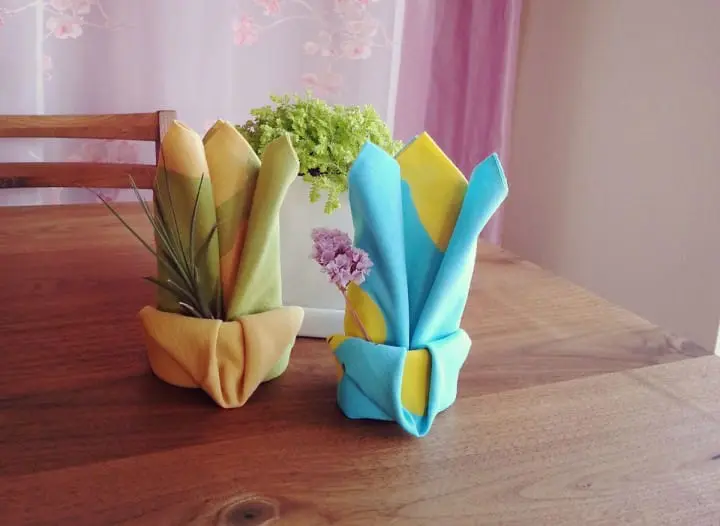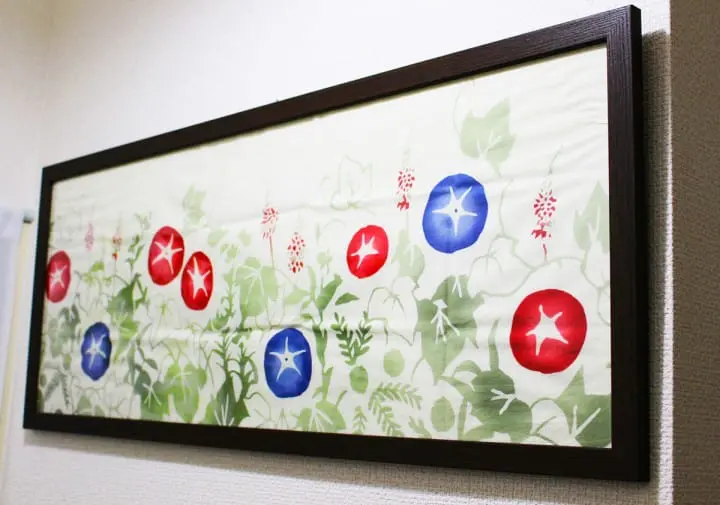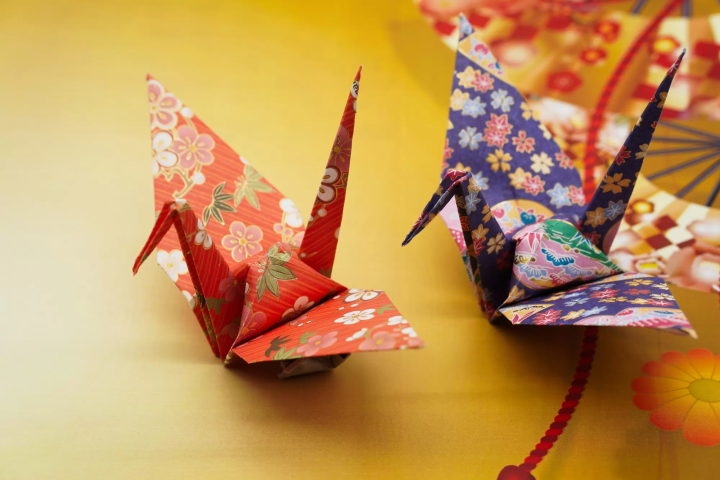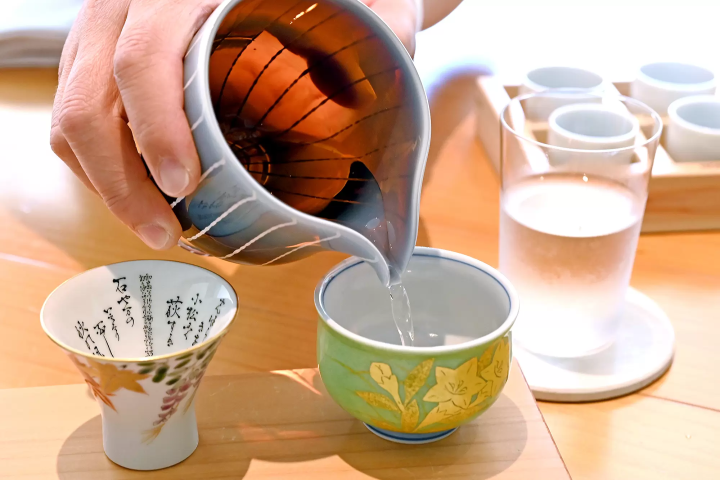Tenugui - Japanese Encyclopedia

Light, colorful and compact, tenugui hand towels are the perfect souvenir. Learn about their history, how they differ from regular towels, and more.
What are Tenugui?
Tenugui are thin cotton towels for wiping your hands after washing them, or wiping the sweat from your brow on a hot day. Generally, they are about 35 cm in width and 90 cm in length. Some towels with the same shape and purpose are called tenugui, even if they aren’t made of cotton.
The history of tenugui goes back more than five centuries, when they were originally used to adorn holy places at shrines, but after the Sengoku era, they became widely among the populace, and now, they are used to wipe away water or sweat, or fashioned into headwear and scarves.
Mainstream tenugui designs include images of Mt. Fuji and check patterns, but in recent years, pop, stylish designs, anime character designs and the like have started to appear. Tenugui are lightweight and perfect as souvenirs, so we’ve compiled a guide that explains how to use them and where to buy them.
Using Tenugui
In addition to being used to wipe your hands and face, tenugui can also be used as a fashion item or a wrapping cloth.
For Wiping Your Hands or Face
When using a tenugui as a towel, many Japanese people put it somewhere within arm’s reach, such as around their neck or on a belt loop. Tenugui, unlike towels, dry quickly.
For Use as a Washcloth
It is said that you can scrape away excess keratin with a tenugui, and leave your skin feeling smooth. The trick is to work soap into a lather with a wet tenugui, then gently rub the skin with it.
For Fashion (As Headwear or a Scarf)
Some people like to wrap a tenugui around their head on hot days in place of a cap, and on cold days, we recommend that you use it like a scarf by wrapping it around your neck.
For Wrapping a Present

Tenugui also work great as a substitute for wrapping paper. Try it out with a present.
For Interior Decoration (As a Wall Hanging or a Table Setting)

We suggest framing a tenugui with a pretty design and hanging it as an art piece on your wall. It will instantly change the feel of the room. Also, if you fold it to the appropriate size, you can also use a tenugui as a luncheon mat.
For Use as a Book Cover
You can also fold a tenugui to the size of a book cover, which we recommend to people who love books.
A tenugui’s list of uses is only limited by your own imagination.
Differences Between Tenugui and Towels
While tenugui and towels are both used to wipe away water and sweat, they differ somewhat in absorbency and utility. In general, tenugui have more uses, while towels are more absorbent. While towels come in varying sizes, from hand towels to bath towels, almost all tenugui are 35 cm in width and 90 cm in length.
Tenugui have the following advantages when compared to towels:
They’re thinner and take up little space when folded.
They come in all sorts of colorful designs.
They’re cheaper.
Because of their comparatively low price and how little space they take up, tenugui are great souvenirs.
































![[Shinjuku Nishiguchi HALC] About the d Point Campaign](https://resources.matcha-jp.com/resize/720x2000/2026/02/14-258714.webp)



